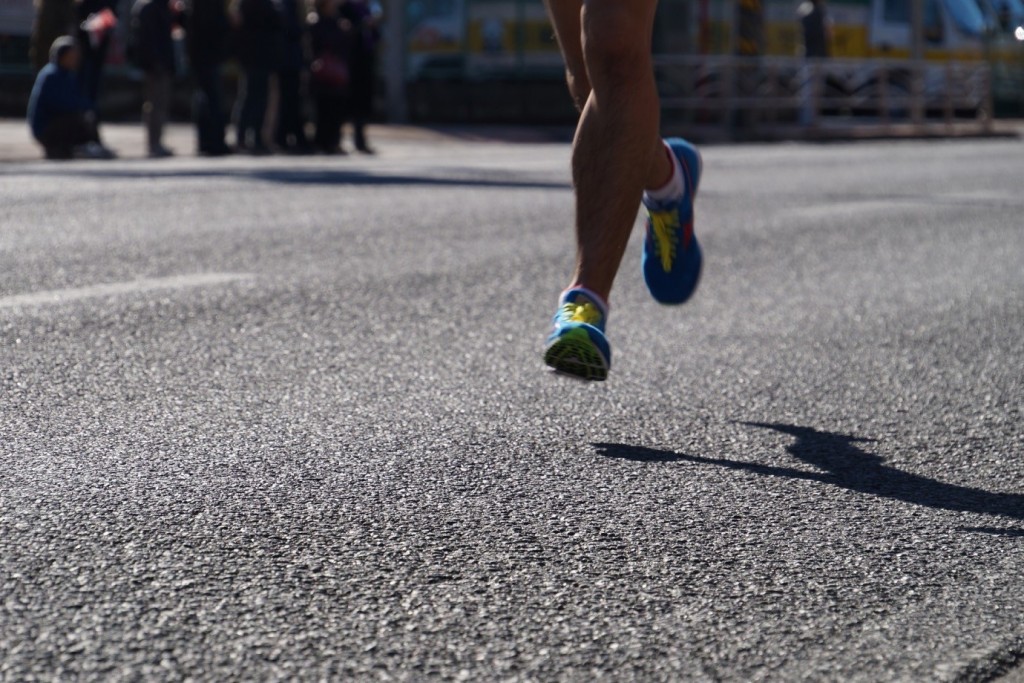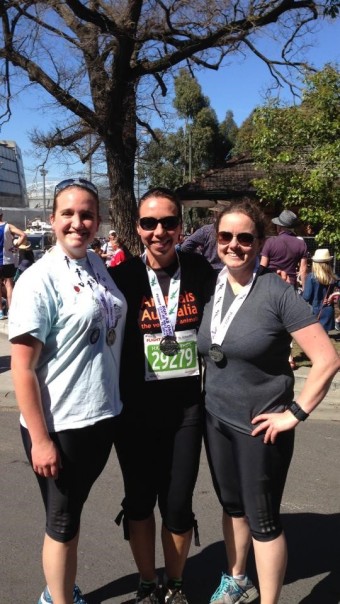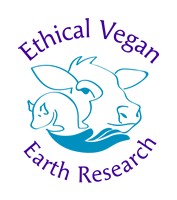 Elite athletes choose their own goals. They know what they want and they work very hard to get there. They constantly push their boundaries, follow strict training and diet plans und certainly don???t want to take any risk that might be a threat their goals. What an incredible mindset!
Elite athletes choose their own goals. They know what they want and they work very hard to get there. They constantly push their boundaries, follow strict training and diet plans und certainly don???t want to take any risk that might be a threat their goals. What an incredible mindset!
I am by far not an elite athlete. But I can say that I admire this mindset and that I experienced a very focused mindset when I was training for my first half-marathon in Melbourne in 2014. I also followed a straight training and diet plan (I was a vegetarian back then) and was dedicated to reach my goal: to run 21.1km in less than 2 h and 15 mins (note: I made it in 2h 2 mins ??? yay!). Exactly 2 weeks and 2 days before the day of the Melbourne Marathon I became a vegan. You might wonder if this was a wise decision: to change your diet just before a big sports event like this. But I had no other choice. Some circumstances brought me together with some inspiring vegans. I learned facts about the dairy and egg industry and the choice was easy: I did not want to support this industry with my diet any longer.
The really good news was: I was by far not alone! Once I made the decision and looked for more information, I found many (professional!) vegan athletes who explained in interviews or on their websites how a vegan diet changed their lives. You can read inspiring stories about the difference they experienced once they changed their diet to a vegan diet. An enhanced athletic recovery and higher sense of well-being are two commonly mentioned physical improvements. Some, such as Scott Jurek, a vegan ultramarathon runner, mentioned that he acheived a higher performance. Rich Roll, a vegan Ultra- Athlete, is another inspiring story. He turned around his life at the age of 40 after being overweight and living an unhealthy life up to that point. Another example of plant-power is Patrick Baboumian, a German vegan strongman who has broken the world log lift record for athletes weighing under 105kg with a 190kg lift. Or NBA basketball player Ben Gordon, German soccer player Marco Sailer, etc. you name it! You only have to google ???vegan athletes??? and you will be surprised how many you will find (and they in such an incredible shape)!

If I learned something in my own journey of becoming a vegan half-marathon runner (non-professional of course): First, give your body some time to adapt to the new diet. As mentioned above, I had no other choice to become a vegan ??? even if it was 2 weeks prior to my first half marathon. However, I realised as well that my body needed at least 10 days to get used to the new diet while continuing with my daily running training. Second, prepare yourself with enough information about the vegan diet as well as stories about vegan athletes that will inspire you. There is a lot of information out there. This will not only help you to know exactly what to eat and to stay motivated. It will also help you to respond easily to questions from sceptics. My personal ???superfood favourite??? while I was training for my first half-marathon were green smoothies and my vegan athletic ???heroe???; well, I actually don???t have a favourite. But I always love to tell that the strongest man in Germany is a vegan. Third, even if you don???t train for a special event, but you enjoy regular exercise, surround yourself with other sporty vegans, such as ???The No Meat Athlete??? or ???Laufen gegen Leiden??? (in Germany). You can find such groups in many of the big cities and there is nothing more inspiring than training with other vegans. Lastly, as far as for me, becoming a vegan is still the best decision that I made and I still love the feeling when I reach the finishing line after 21.2 km without having negotiated my values (and I can look forward to a speedy athletic recovery)!

Tanja – EVER




